
Mangalore, September 11: The Sociology – Economics Forum of Roshni Nilaya School of Social Work organised a workshop on 'Dynamics and Dimensions of Food Culture' on Tuesday at Maria Pavia Cuceiro Hall on college premises in the city.
Chief guest Dr P N Maiya, Principal of Sharada College, Mangalore, said that we lived in a paradox, where on one side there were people dying out of hunger while food rotted in godowns. “In the Indian situation, there are thousands of people who are still starving and could not spare a single meal per day. Can any dimension be seen in this, is the question left to you,” he said.
Speaking about the changing food culture over the years, he said that the Brahmins consumed cow meat in Vedic ages. “Cow slaughter existed in the Vedic period. It was only in 10th century that they adopted and began practicing new eating habits because of the influence of Jainism and Buddhism. Even today, Konkanis, Kashmiri Brahmins and Bengalis eat fish,” he said.
Inaugurating the workshop, Dr L N Bhat, Registrar of Roshni Nilaya, said that one of the topics that had often haunted this society was the caste system.
“Everyone talks about the evils of caste system, but no one pointed some of the advantages of the caste system. Food is one such item. We can easily identify the culinary specialities of India deeply associated with different castes, religion and ethnicity. Each food dish in India is associated with a particular region or ethnicity. Today our traditional dishes are gradually disappearing, and being replaced with cosmopolitan food culture such as pizzas and burgers,” he said.
Delivering the presidential address, Dr Sophia Fernandes, Principal of Roshni Nilaya, said that food played an important role and had its own sacred value, since it was nature's gift. “We have a responsibility over the food we eat and serve as it is the result of the hard labour of our farmers,” she said.
Prof Malini Mukund welcomed the gathering. Dr L N Bhat inaugurated the programme in a unique way, by making rice noodles out of the machine.

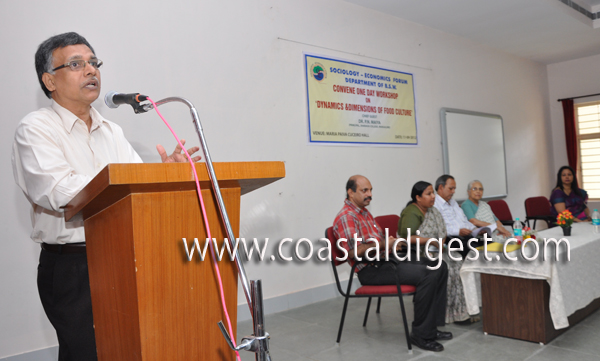
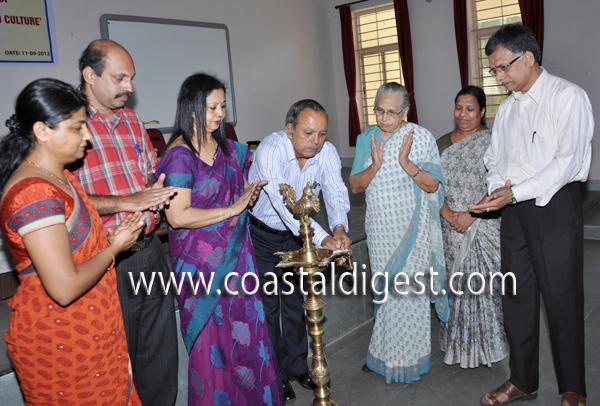
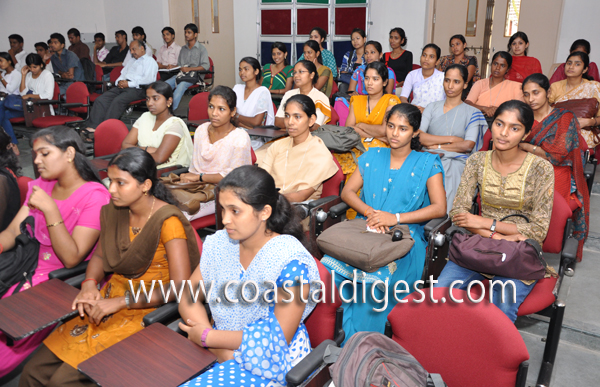
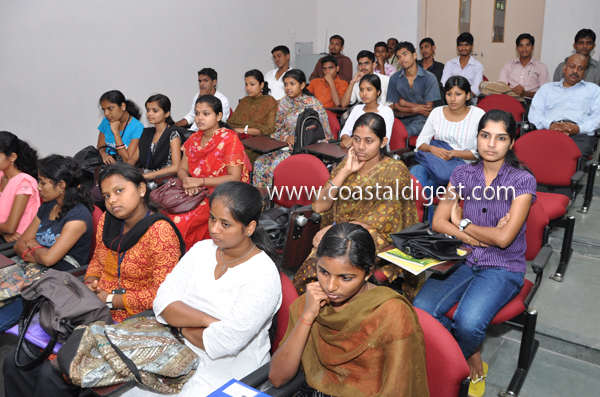
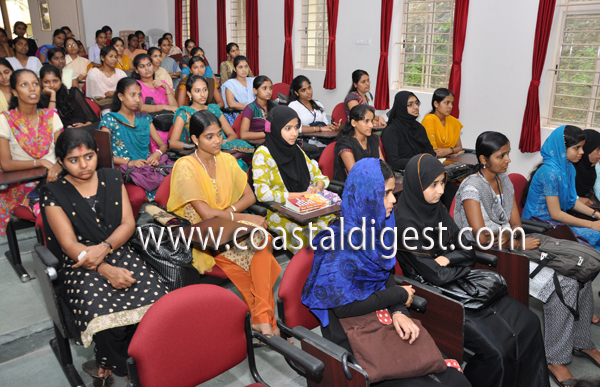
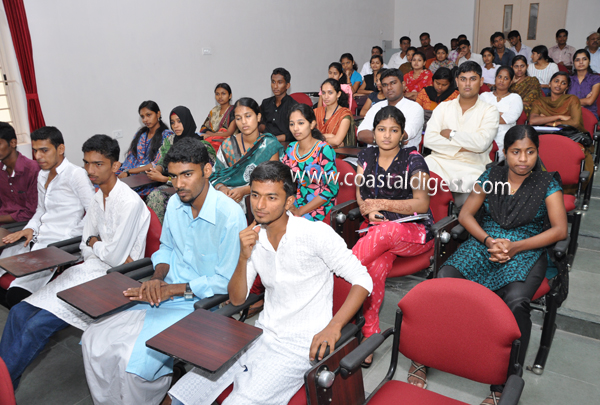
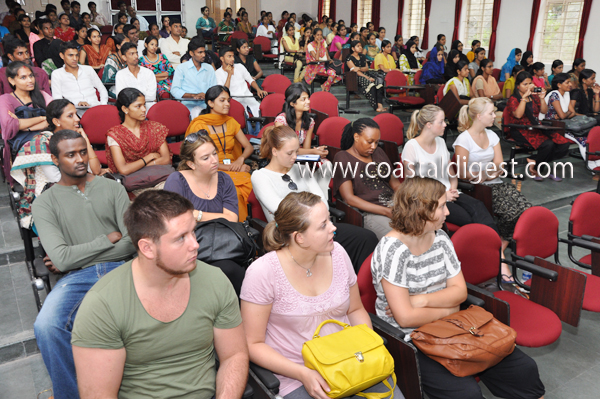
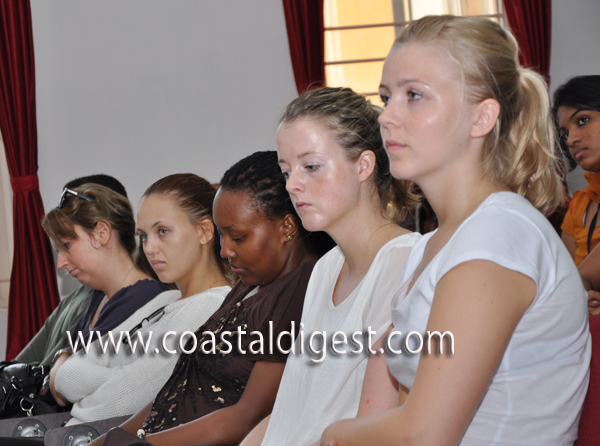



















Comments
Add new comment